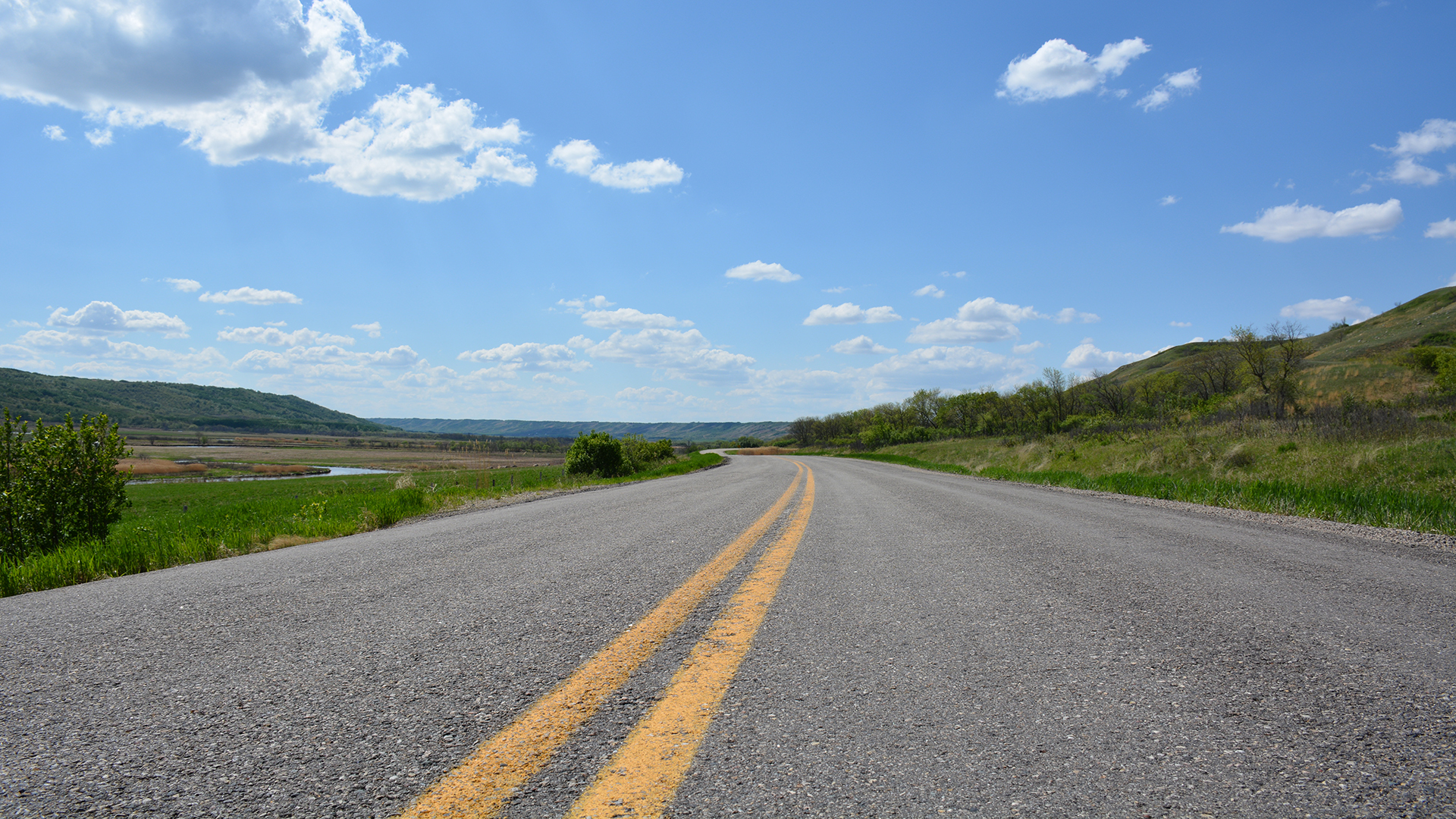Monday, June 30, 2025
Manitoba’s “Road to Resilience” is an achievable and concrete pathway to a climate resilient future. The report lays out what is needed in order to feed, shelter, transport, and produce electricity without the use of fossil fuels, with foundational chapters on nature, green jobs, and the human impacts of climate change.
Under the pretext of being “practical,” several provincial governments have chosen not to publicly discuss the urgency and scale of work required to adequately address the climate crisis. That means it is up to various communities to find a pathway forward. This report is designed to provide helpful and practical information for moving forward to achieve community climate targets.
The authors of the report, Climate Action Team (CAT), is a coalition of environmental organizations in Manitoba working to create a road to climate resilience in the province. Member groups came together in late 2017 to independently review and consult with the public over the province’s recently released Climate and Green Plan. CAT was formed one short year later when the Intergovernmental Panel for Climate Change (IPCC) 1.5 Report was released, stating that there are just 12 years (now nine) to drastically cut greenhouse gas emissions.
With funding from the Winnipeg Foundation, CAT has hosted educational events around Winnipeg and produced the Road to Resilience, a comprehensive roadmap to meeting the emissions targets laid out in the IPCC 1.5 Report in Manitoba.
Highlights of the report
- Incorporate Indigenous leadership – The CAT report advises that any efforts to address climate change must include Indigenous leadership and ensure free, prior, and informed consent. The report states Indigenous populations are disproportionately impacted by pollution and climate change due to “environmental racism,” and therefore have less access to the resources and materials required to respond and adapt to its impacts. “Climate has an impact on people, which will continue to grow over time,” said Curt Hull, the lead author of the report and project director for Climate Change Connection, one of the organizations behind the report. “Impacts include injustices; generational, cultural and economic. The effects of climate change are unfortunately often felt by the segments of our population that are typically the least contributors but yet, they are the ones who suffer from it the most.”
- Source sustainable food – To improve climate pollution, the report proposes that remote communities should grow more food locally without the use of fossil fuels. Indigenous communities like Garden Hill First Nation have found ways to make growing food possible through its Meechim Farms, a food security project that consists of a farm, food market, agriculture-based training, and educational programming teaching children about growing food and healthy eating. As such, there is also a need to protect wild spaces as Indigenous people and those from other remote areas need access to hunting, fishing, and gathering.
- Address environmental and energy impacts – The report also acknowledges that hydro dams have caused severe and on-going social and environmental devastation to nearby Indigenous people, their communities, traditions, and lands. The authors recognize that the lasting impact of hydro-electric development in Northern Manitoba is an issue that must be addressed if proper reconciliation with Indigenous peoples is to occur.
Manitoba’s Road to Resilience emphasized the need for nation-to-nation relationships between Crown and First Nations, Inuit, and Metis Governments to fulfill national obligations and commitments to the recognition and implementation of Indigenous Peoples rights to address climate change.
To read the complete report, click here:











